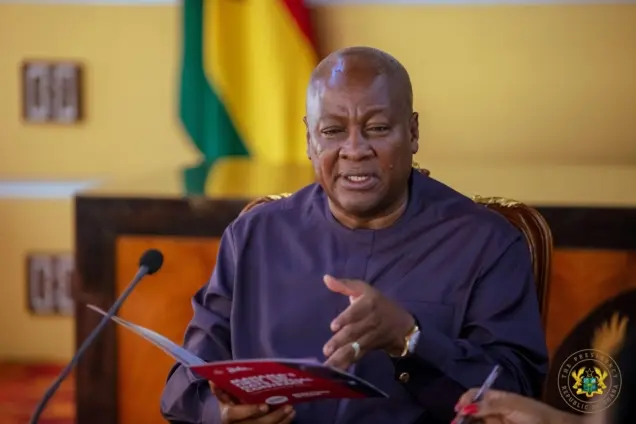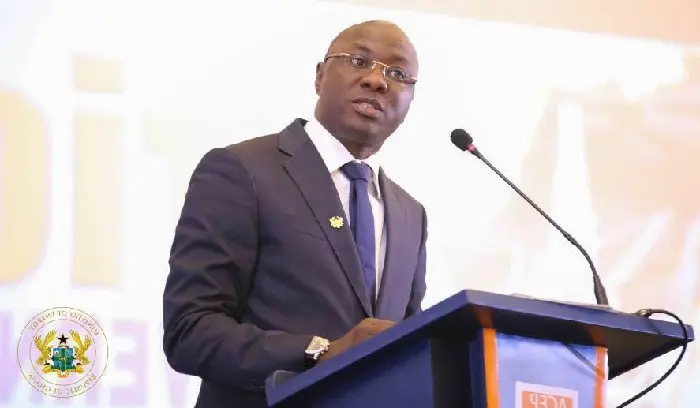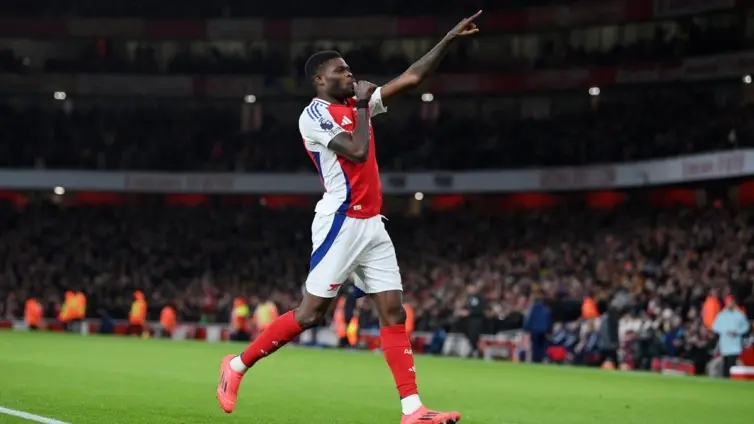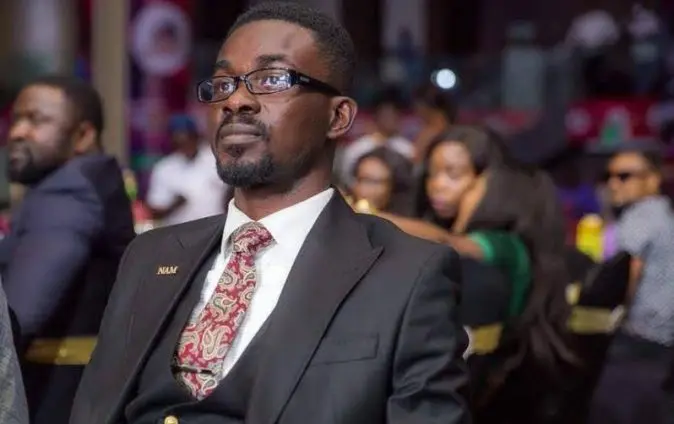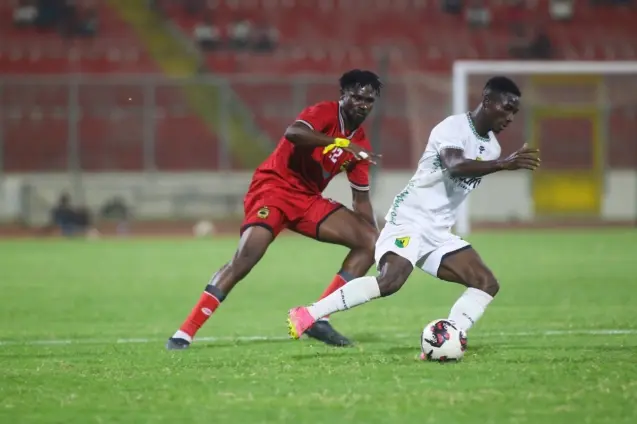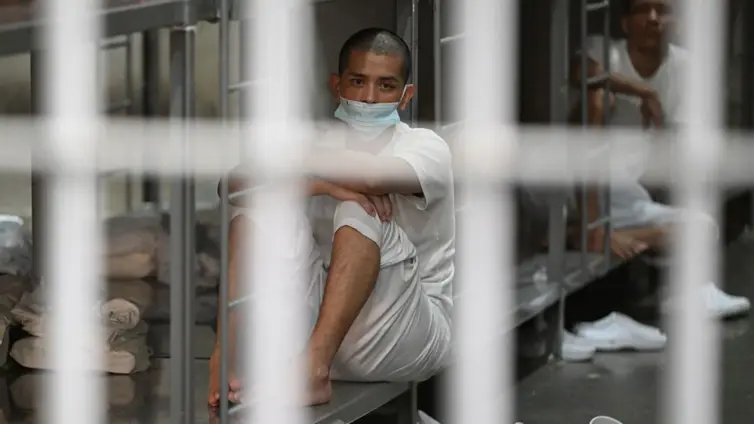The hushed halls of Ghana’s Supreme Court are set to become the stage for a high-stakes legal drama. At the center: the suspension of Chief Justice Gertrude Torkonoo, a move now being challenged in court. The Centre for Citizenship, Constitutional and Electoral Systems has filed a suit, igniting a debate over presidential powers and judicial independence. This legal challenge seeks to reinstate Justice Torkonoo, arguing that President Mahama’s actions are a breach of fundamental constitutional tenets. The core question: Did the President overstep his authority, and what does it mean for the separation of powers? This legal showdown over the suspension of Chief Justice Gertrude Torkonoo promises to be a landmark case.
The Centre’s legal challenge rests on the argument that President Mahama’s suspension of the Chief Justice was unconstitutional. The heart of their argument lies in the alleged violation of several articles within the 1992 Constitution, specifically Articles 17(1)–(3), 23, 296, and 146(1)–(4) and (6). These articles enshrine principles of fairness, non-discrimination, due process, and lawful administrative conduct – cornerstones of a just and equitable governance system.
According to the Centre, the President’s action lacked the necessary due process and failed to uphold these constitutionally protected principles. The organization is seeking a declaratory judgment from the Supreme Court, asserting that the President’s response to petitions calling for the Chief Justice Gertrude Torkonoo’s removal was, in fact, unconstitutional. A constitutional law expert noted, “The articles cited by the Centre are crucial for safeguarding individual rights and ensuring that governmental actions are transparent and justifiable. If the court finds these articles were indeed violated, it could set a significant precedent for executive accountability.”
While the legal challenge unfolds, a separate but related process is underway. President Mahama has established a five-member committee to investigate the allegations against Chief Justice Gertrude Torkonoo. This committee, chaired by Supreme Court Justice Gabriel Scott Pwamang, was formed in accordance with Article 146(6) of the 1992 Constitution, which outlines the procedure for investigating potential misconduct by high-ranking judicial officials.
The hearings are scheduled to commence on Thursday, May 15th, with the committee planning to convene three times a week to expedite the process. Upon completion of its inquiry, the committee is tasked with presenting its findings and recommendations directly to the President. The entire investigation process, from the initial petitions to the final recommendations, is being closely watched as it navigates the delicate balance between accountability and judicial independence.
The allegations against Chief Justice Gertrude Araba Esaaba Sackey Torkornoo stem from five separate petitions, each alleging various forms of misconduct. The specific details of these allegations remain somewhat opaque, but they have been deemed serious enough to warrant a formal investigation.
President Mahama, before taking the step of suspending Justice Torkornoo, sought counsel from the Council of State, a body of eminent citizens who advise the President on matters of national importance. Following this consultation, he established the five-member panel, signaling his commitment to a thorough and impartial inquiry into the allegations. This process underscores the gravity of the situation and the need for a careful and considered approach.
The unfolding events surrounding Chief Justice Gertrude Torkonoo have broader implications for the judiciary as a whole. The outcome of both the Supreme Court suit and the presidential committee’s findings could significantly impact the perceived and actual independence of the judiciary.
This case could potentially set precedents for future investigations and possible removals of high-ranking judicial officials. Any alterations to the processes for investigating and potentially removing high-ranking officials could change the landscape of accountability and transparency within the government, influencing the balance of power and the public’s perception of judicial impartiality. It underscores the necessity for a robust, transparent, and fair process to maintain public trust in the judiciary.
The Supreme Court’s upcoming decision regarding the suspension of Chief Justice Gertrude Torkonoo is a pivotal moment for Ghana’s legal and political landscape. As the legal proceedings advance and the presidential committee continues its investigation, fundamental principles of due process, fairness, and the rule of law are paramount. The final resolution will not only shape the trajectory of Chief Justice Torkonoo’s career but could also redefine the balance of power within Ghana’s governmental structure. The nation awaits further developments in this critical case, poised to influence the future of Ghanaian justice.
Image Source: MYJOYONLINE











